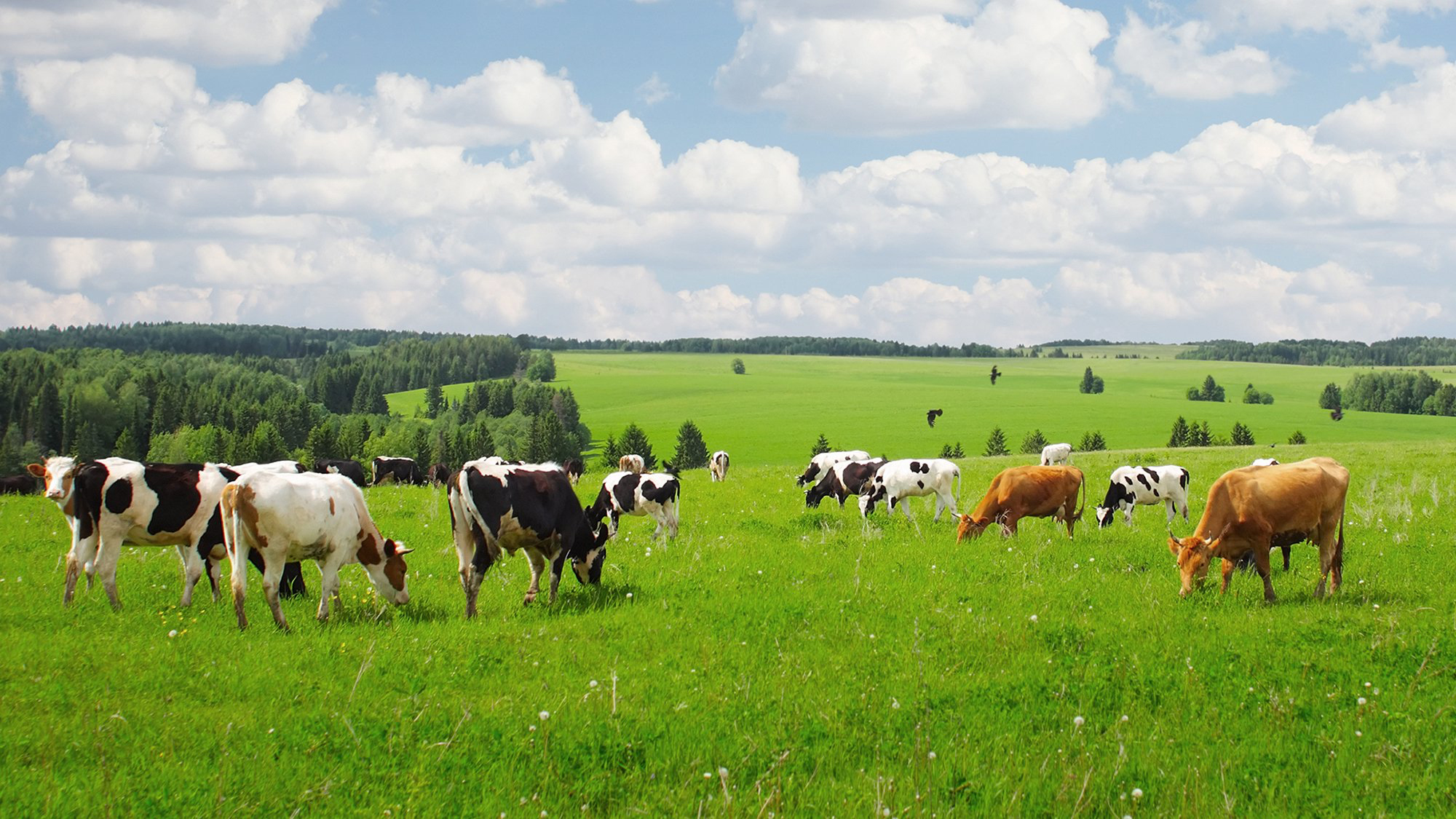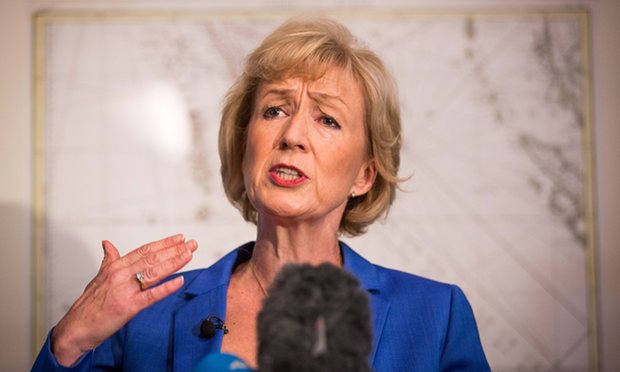
The UK has backed a call for a cut in the use of antibiotics in livestock farming in order to combat antimicrobial resistance (AMR).
World leaders met on Wednesday to tackle the growing threat of bacteria resistant to antibiotics that are making illnesses harder to treat.
Andrea Leadsom, Secretary of State for Environment, Food and Rural Affairs and Jeremy Hunt, the Health Secretary, said: "There is a real risk that, if we do nothing, modern medicine as we know it will be undermined."

"The UK will work closely with different individual sectors to ensure that appropriate sector specific reduction targets are agreed by 2017 so that future reductions are greatest where there is most scope.
"Encouraging best practice and responsible use of antibiotics, which safeguard animal health and welfare, is a must," the government report said.
By 2050, if not tackled, it will kill more people than cancer, and cost, globally, more than the size of the current global economy (Review on Antimicrobial Resistance, 2014).
AMR threatens development goals
Antimicrobial resistance (AMR) happens when bacteria, viruses, parasites, and fungi develop resistance against medicines that were previously able to cure them.
For the first time, Heads of State committed to taking a broad, coordinated approach to address the root causes of AMR across multiple sectors, especially human health, animal health and agriculture.
This is only the fourth time a health issue has been taken up by the UN General Assembly (the others were HIV, noncommunicable diseases, and Ebola).
The high-level meeting was convened by the President of the 71st session of the UN General Assembly, H.E. Peter Thomson.
"Antimicrobial resistance threatens the achievement of the Sustainable Development Goals and requires a global response," Mr. Thomson said.
"Member States have today agreed upon a strong political declaration that provides a good basis for the international community to move forward.
"No one country, sector or organization can address this issue alone."
